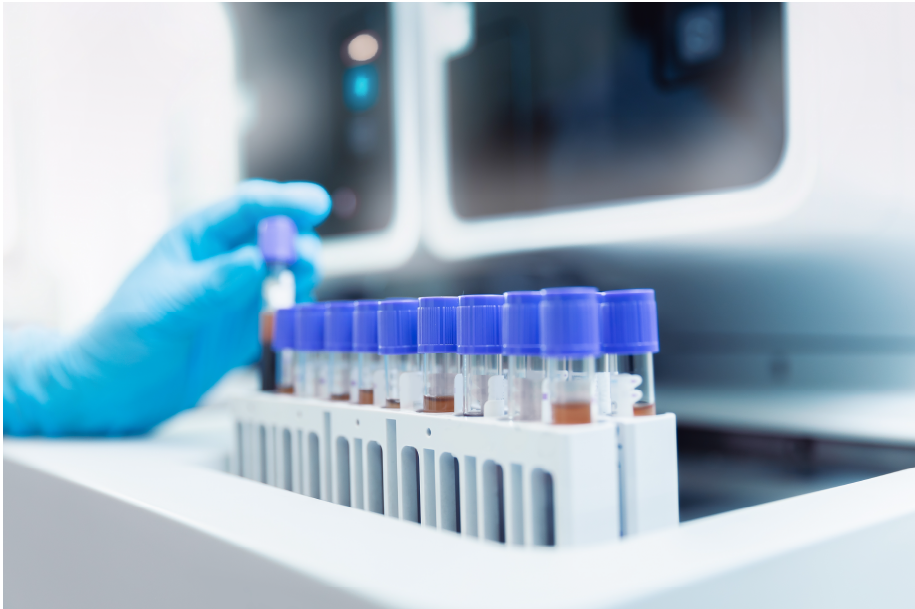Researchers Identify Compound that Could Block LAM Cell Growth

Mutations in the TSC (tuberous sclerosis complex) genes cause the overactivation of a growth pathway called mTORC1 in lung cells, leading to a disease called lymphangioleiomyomatosis (LAM). Rapamycin (sirolimus) is the only drug approved to treat LAM, but stopping the drug leads to a decline in lung function. Researchers found that LAM cancer stem-like cells express certain genes related to protein production, making these cells more likely to grow uncontrollably. They also discovered that a compound called RMC-5552 could block the growth of LAM cells and prevent the activation of key proteins involved in cancer cell growth. Unlike rapamycin, which only works on one protein pathway, RMC-5552 is more effective, and its effects last longer. This compound shows promise for treating LAM and other diseases with overactive mTORC1.